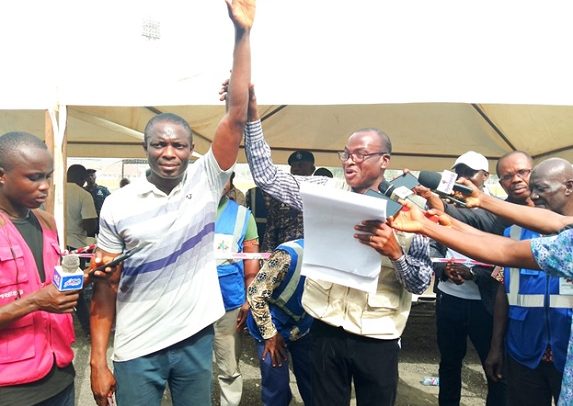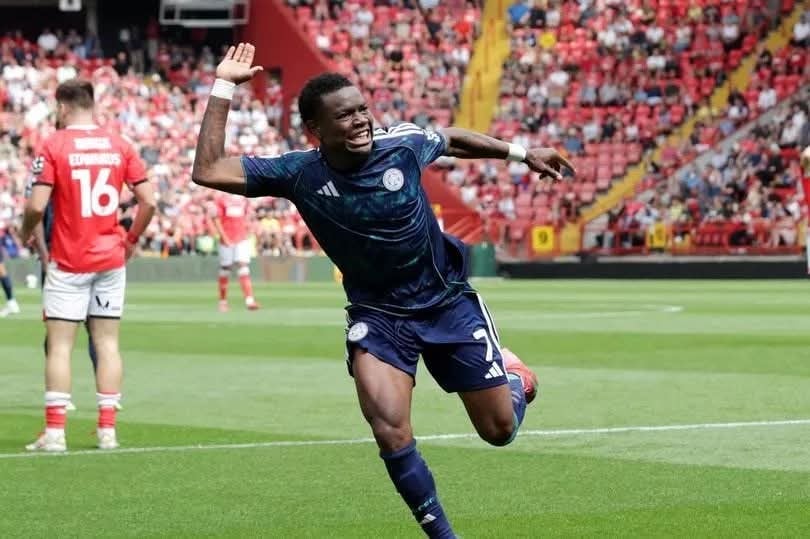
The town of Bawku, once a thriving commercial hub in Ghana’s Upper East Region, is today a shadow of itself—caught in the vice grip of a prolonged conflict whose consequences are far-reaching and devastating.
What began as a local chieftaincy dispute has now escalated into a complex crisis that has paralysed virtually every facet of life in Bawku and its adjoining communities.
In this column, Reflections, I invite us to pause and consider not just the harrowing reality faced by the people of Bawku, but the cost—economic, social, moral, and national—of our failure to decisively resolve this festering crisis.
It is a tragedy unfolding in real time, and yet, for many Ghanaians, it remains an abstraction—something happening “up there”, far from the corridors of influence. That must change.
A warzone disguised as a town
At present, Bawku is not functioning as a town should. Schools remain intermittently closed due to security concerns. Students and teachers live in fear, their academic progress suspended in uncertainty. Health facilities are overstretched and understaffed—some healthcare workers have fled the area entirely. Pregnant women and the elderly cannot access urgent care without risking their lives.
Businesses, once vibrant and full of promise, now sit shuttered. Market days—once the economic lifeblood of the region—are sporadic and poorly attended. Haulage companies, traders, and logistics providers have diverted their routes, fearful of attacks or armed confrontations.
The banks, microfinance institutions, and savings groups that once facilitated economic activity in the area are either struggling or gone. Bawku’s once-bustling economic ecosystem has all but collapsed.
And who suffers most? Everyday people. Innocent families. Traders with loans to pay. Students with dreams deferred. Health workers whose mission is to heal, not flee.
The national cost of local conflicts
The cost of the Bawku crisis extends far beyond the town itself. It sends a signal—dangerous and corrosive—that the Ghanaian state can tolerate lawlessness in some corners of the country. It sets a precedent that local disputes, if allowed to escalate, will be met not with proactive peacebuilding but with indifference or, at best, reactionary interventions.
There is also the economic cost. Northern Ghana already suffers from underinvestment and poor infrastructure. The Bawku conflict only deepens the development gap between the north and the south. No serious investor—local or foreign—will put money into a zone plagued by conflict and insecurity. The longer the conflict drags on, the deeper the scars and the harder it will be to reverse the economic damage.
Moreover, this crisis diverts the attention and resources of our security services from other national priorities. It stretches an already thin fabric of state capacity and undermines confidence in our democratic and institutional systems.
A deafening silence
What is perhaps most troubling is the silence—both official and societal. There seems to be a strange and unacceptable comfort with the status quo. National conversations about development, innovation, and transformation are ongoing—yet very few include any serious consideration of how to resolve Bawku.
We cannot speak about inclusive development when one part of our nation is effectively cut off from normal life. We cannot claim to be a peaceful and stable democracy while armed violence holds sway over an entire town, its economy decimated, its people displaced or traumatised.
A path forward: Peace with justice
There is no silver bullet solution to a conflict as layered and historically rooted as the one in Bawku. But that is not an excuse for inaction.
The ongoing mediation effort by the Asantehene, Otumfuo Osei Tutu II, deserves national support and a chance to succeed. The Asantehene is not just a revered traditional ruler; he is an experienced mediator with a proven track record in conflict resolution. His impartiality and moral authority could serve as the bridge that reconnects the feuding factions and creates space for genuine dialogue.
But Otumfuo’s efforts must be backed by political will from the highest levels of government. There must be a coordinated, multi-stakeholder approach involving religious leaders, civil society actors, youth groups, and women’s organisations. The time for finger-pointing is over. The time for genuine peacebuilding is now.
We must also invest in truth-telling and historical clarity. The root causes of the conflict—whether they lie in colonial administrative decisions, post-independence chieftaincy arrangements, or ethnic misperceptions—must be acknowledged and addressed honestly. Healing cannot occur in a vacuum of silence and mistrust.
And finally, there must be justice. Those who commit violence must be held accountable. Impunity is not peace. Without accountability, cycles of violence will simply pause, not end.
Beyond Bawku: A wake-up call for Ghana
The tragedy of Bawku is also a cautionary tale for Ghana. It shows us how quickly local grievances can escalate when left unattended. It reminds us that development cannot thrive where peace does not exist. It challenges us to rethink how we manage diversity, chieftaincy, and traditional authority in a modern constitutional democracy.
Bawku should not be left to bleed quietly while the rest of the country marches on. Its crisis is a national one, and our response must be collective. Let us raise our voices—not to deepen division, but to call for peace, justice, and restoration.
Let us support the Otumfuo’s efforts not just with polite applause, but with active commitment—financially, morally, and politically.
Let us make it clear that Bawku’s future matters to all Ghanaians.
Because peace is not just the absence of gunfire. It is the presence of justice, opportunity, and dignity—for all.
The post Reflections by S.M.A: Bawku at Breaking Point: A nation’s silence cannot be the answer appeared first on The Business & Financial Times.
Read Full Story















Facebook
Twitter
Pinterest
Instagram
Google+
YouTube
LinkedIn
RSS